
Most studies about young children in (Low and Middle-Income Countries) LMICs have generally excluded children with NDDs, and therefore, little […]
Read More…

Developmental disabilities encompass a wide range of conditions affecting neurological and brain development in children, resulting in impairments that impact […]
Read More…

By Amani Karisa and Lydia Namatende-Sakwa Teaching practice is a key component of pre-service teacher training, involving the placement of […]
Read More…
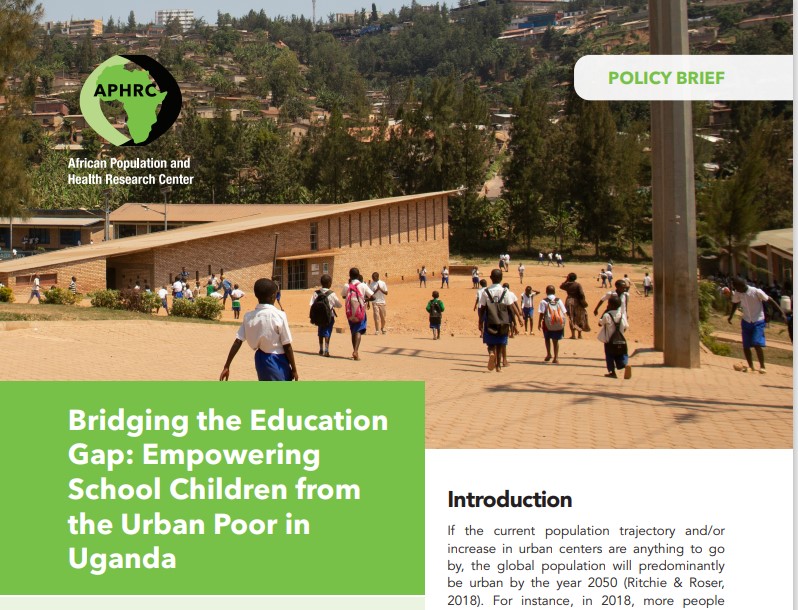
Bridging the Education Gap: Empowering School Children from the Urban Poor in Uganda. […]
Read More…

The early years of a child’s life are crucial for their health and development. However, many children in Nairobi’s informal […]
Read More…

The African Population and Health Research Center (APHRC) and the University of Johannesburg (UJ) in collaboration with leading regional convening […]
Read More…
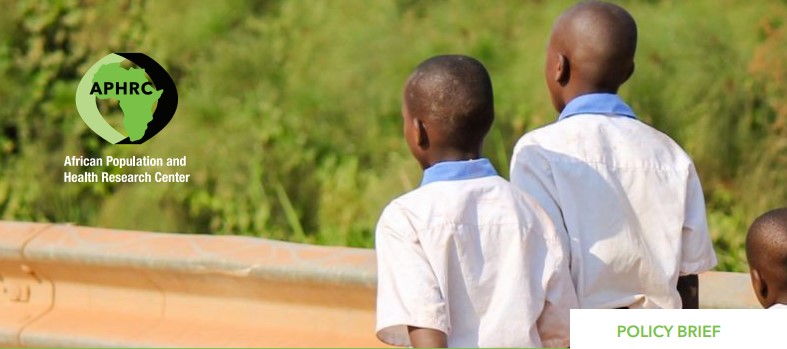
The spirit of leaving no one behind reminds us of the need to enhance inclusion in education provision. It is […]
Read More…

The virtual stakeholder co-creation workshop, held on February 27, 2024, was a collaborative effort between the Southern African Regional Universities […]
Read More…

The virtual stakeholder co-creation workshop, held on February 29, 2024, was a collaborative effort between the Association for African Universities […]
Read More…

The virtual stakeholder co-creation workshop, held on February 23, 2024, was a collaborative effort between the Interuniversity Council for East […]
Read More…

The virtual stakeholder co-creation workshop, held on March 28, 2024, was a collaborative effort between the Association for the Development […]
Read More…
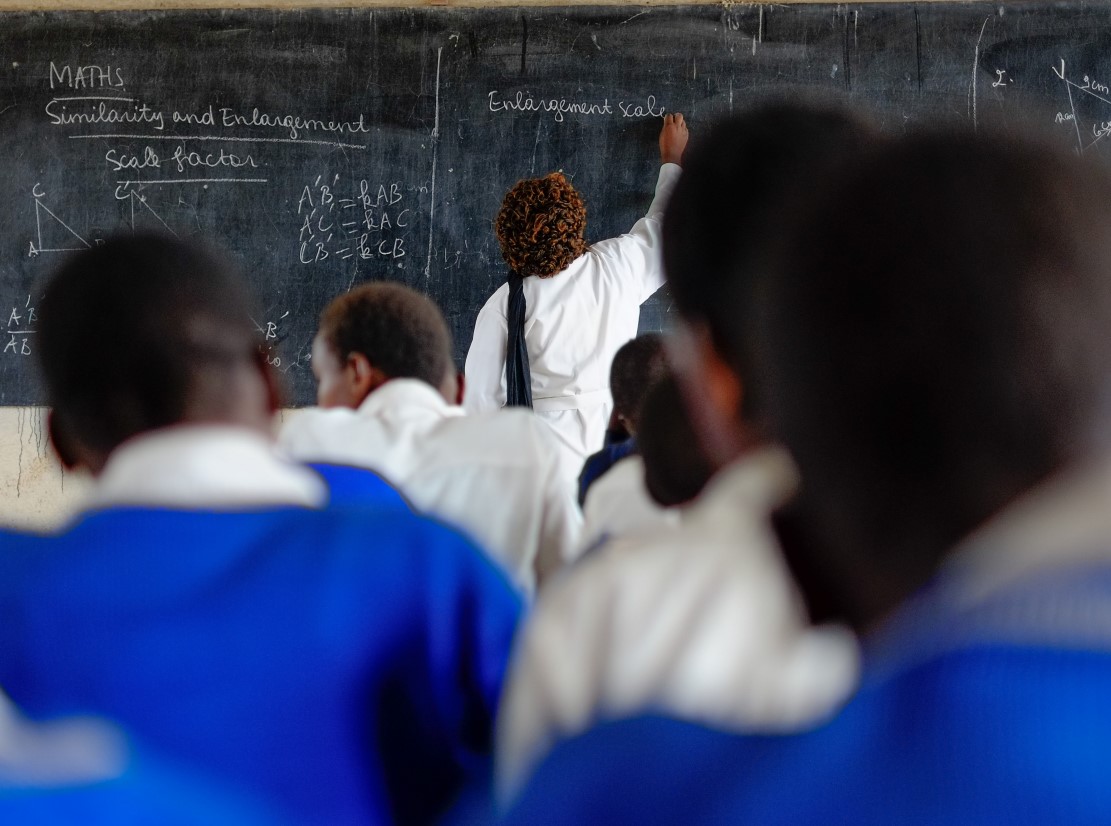
This research report provides information and data of on the research study by the Human Development Theme (HDT) at APHRC. […]
Read More…

The virtual stakeholder co-creation workshop, held on February 27, 2024, was a collaborative effort between the Southern African Regional Universities […]
Read More…
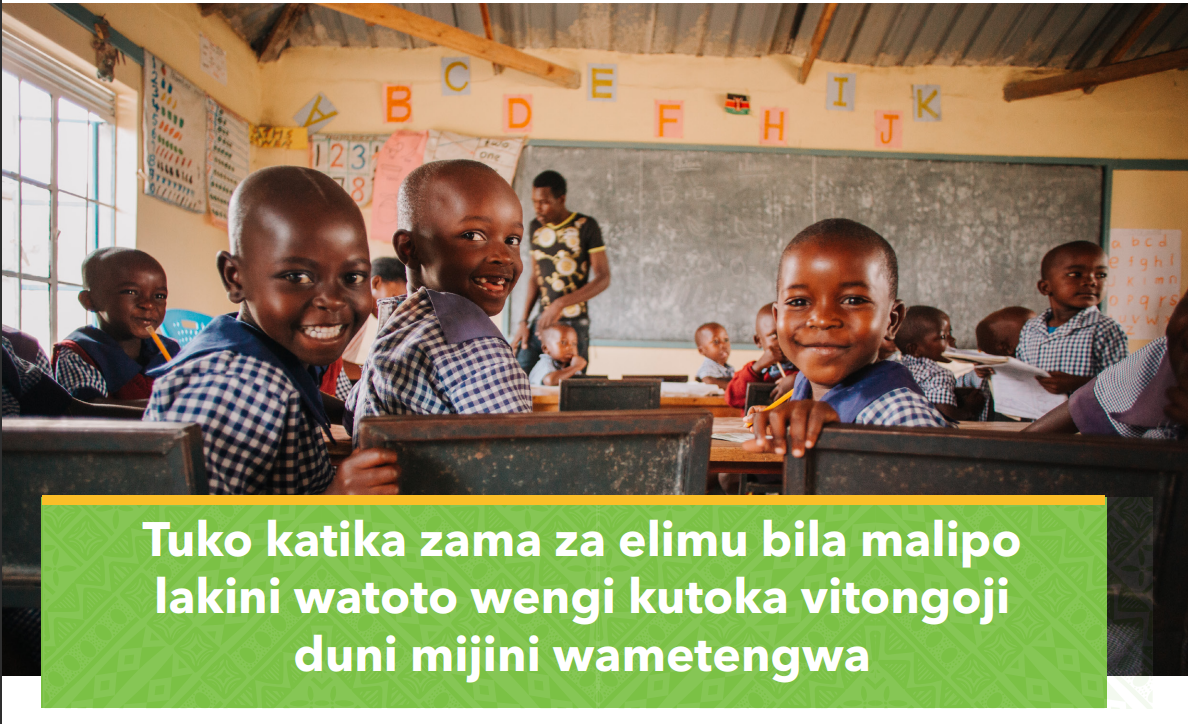
Tuko katika zama za elimu bila malipo lakini watoto wengi kutoka vitongoji duni mijini wametengwa […]
Read More…
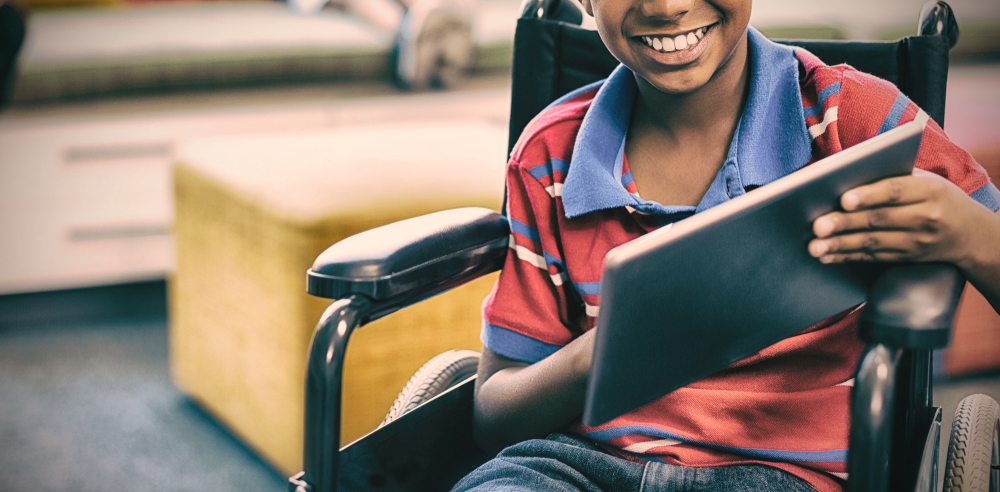
By Fridah G. Kiambati The prevalence rate of children with disabilities and special needs in education in Kenya is […]
Read More…

Impactful stakeholder engagement can provide learnings to create guidance on effective childcare provision, especially within nomadic pastoralist settings such as […]
Read More…
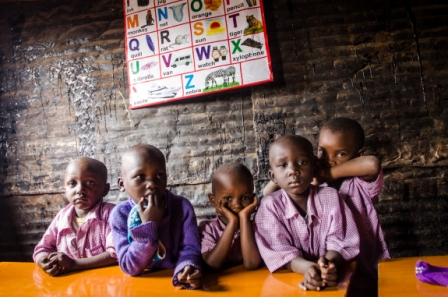
In the past 30 years, Kenya has made substantial strides in education access and quality, including launching a competency-based curriculum […]
Read More…
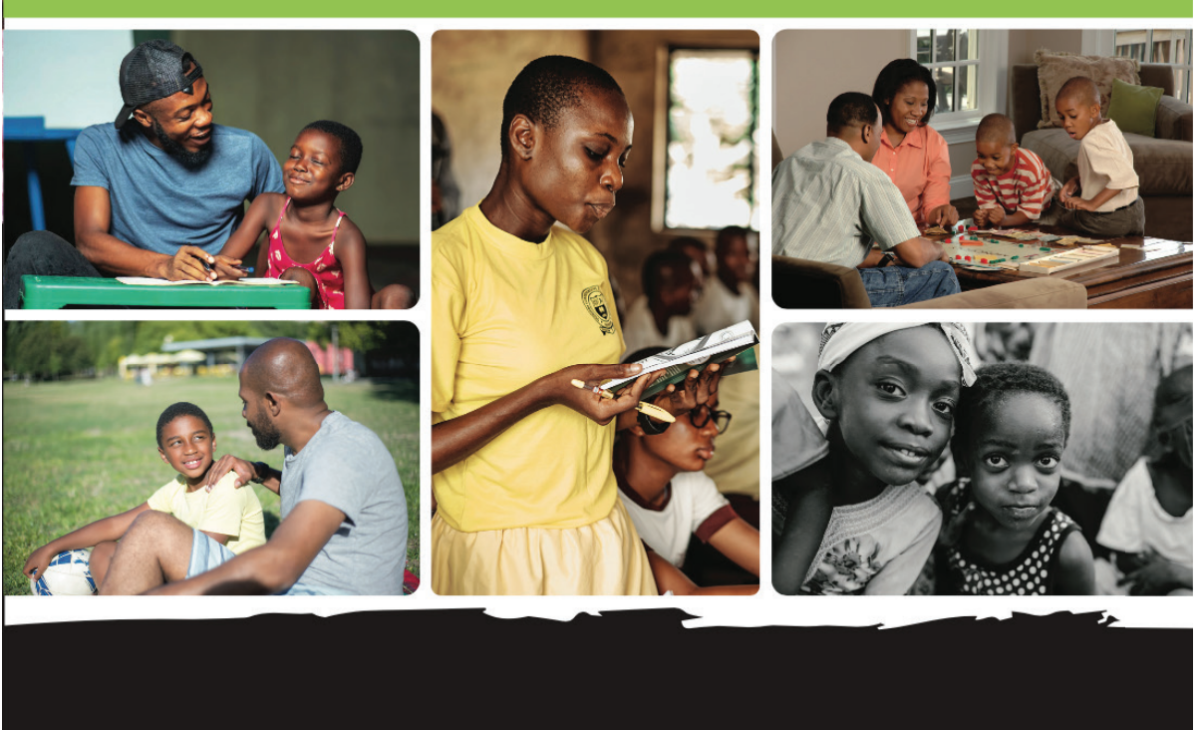
The African Population and Health Research Centre (APHRC) is a premier research institution and think tank, generating evidence to drive […]
Read More…
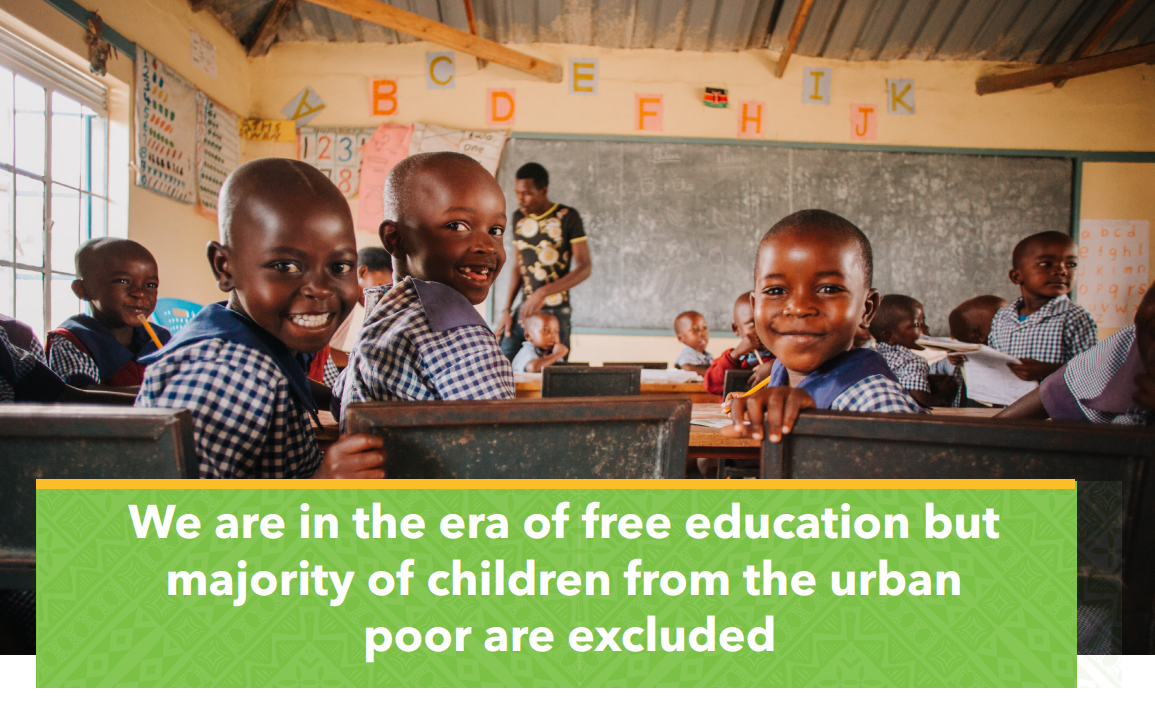
The African Population and Health Research Center (APHRC) research has shown that at least 47% of children from major urban […]
Read More…
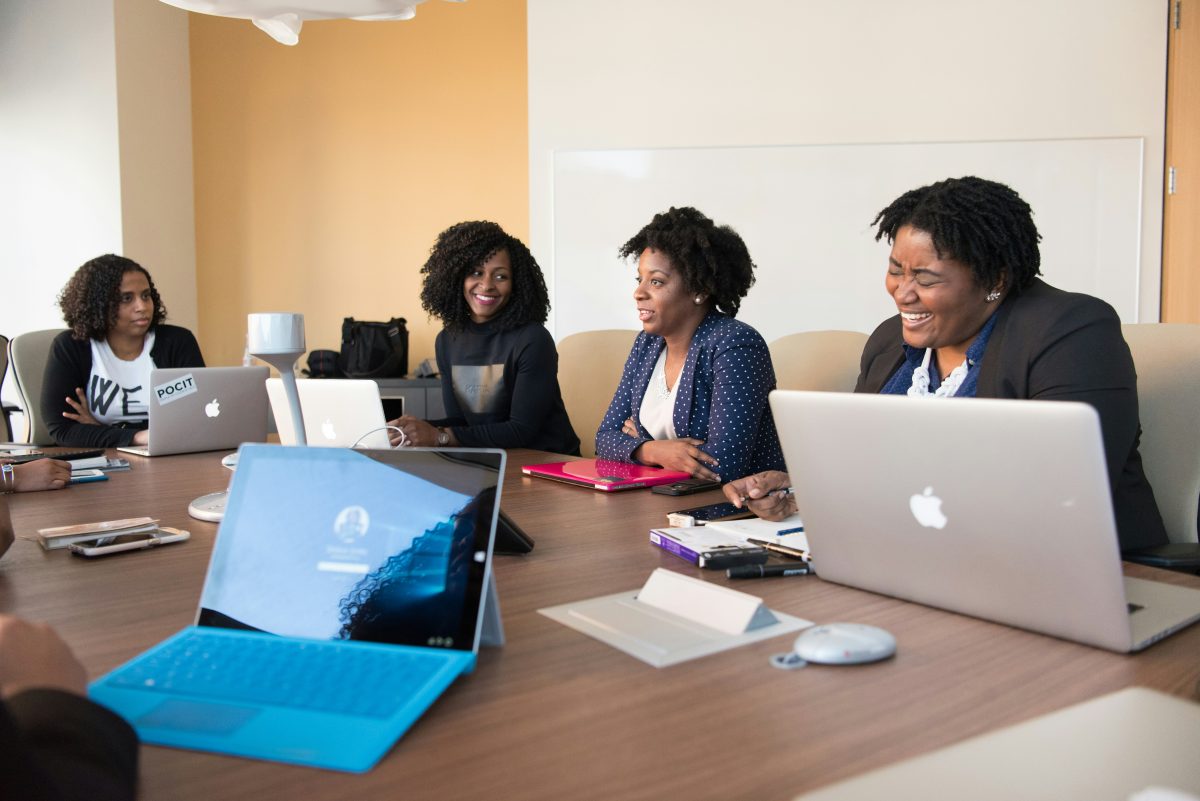
The Pedagogies of Inclusion: The nexus between gender, pedagogy, and STEM in Higher Education in Sub-Saharan Africa project seeks to understand the […]
Read More…
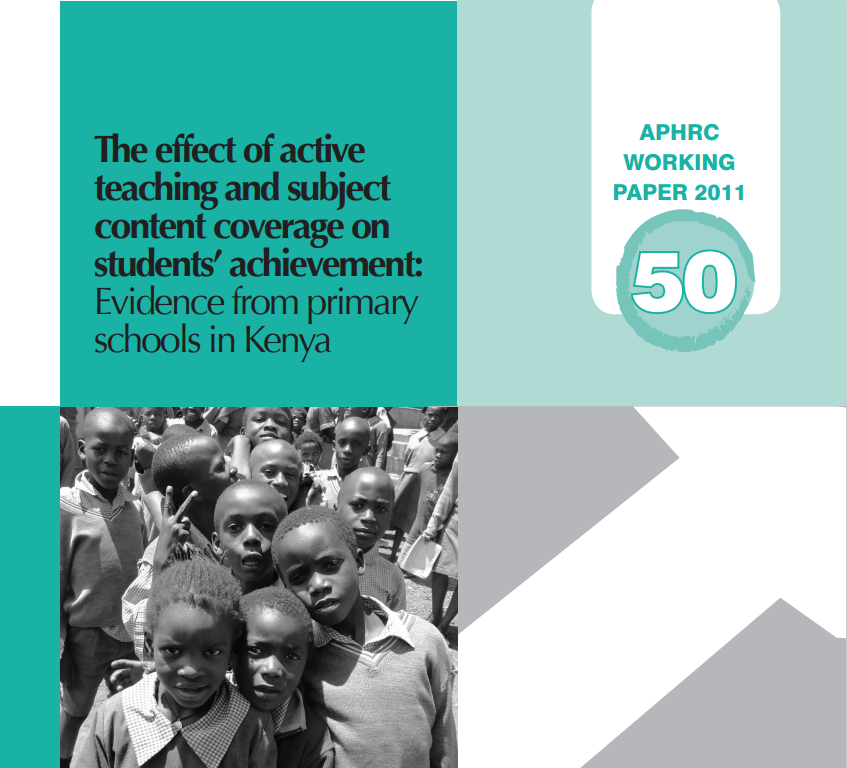
The effect of active teaching and subject content coverage on students’ achievement:Evidence from primary schools in Kenya
[…]
Read More…